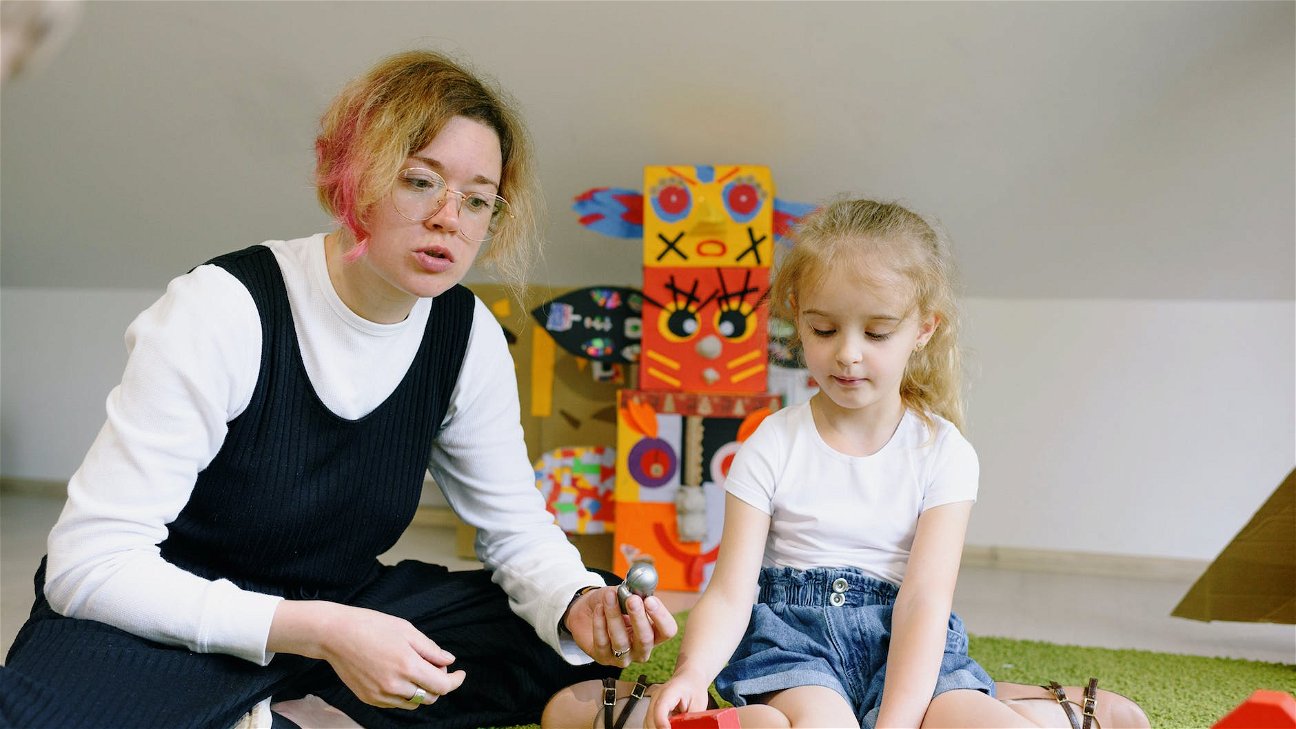
Empathy is the ability to understand and share the feelings of others. As parents, we all want our children to grow into kind, caring, and understanding adults. This starts by teaching empathy to children at an early age. So, how can we encourage empathy in kids? This comprehensive guide will provide you with practical strategies, activities, and insights on the importance of empathy in childhood development.
The importance of empathy in childhood
Empathy plays a crucial role in social and emotional development. It allows children to understand the emotions of others, foster healthy relationships, and develop a sense of social responsibility. Children with higher levels of empathy also tend to display less aggression and more prosocial behaviors.
Strategies for teaching empathy to children
Teaching empathy can be a rewarding yet challenging task. Here are some strategies that can be useful:
-
Model empathetic behavior: Kids often learn by observing their parents. Show empathy towards others in your daily interactions and discuss your feelings with your kids to help them develop a better understanding of emotions.
-
Encourage perspective-taking: Help your kids understand that people have different perspectives and feelings. Encourage them to imagine how others might feel in different situations.
-
Validate their emotions: Recognize and validate your child's feelings. This will help them learn to identify and express their emotions, a crucial step in developing empathy.
Activities to teach empathy
Incorporating activities into your daily routine can make learning empathy fun and engaging for kids. Here are a few activities you can try:
-
Role-playing: This is a great way to help kids understand different perspectives. Use dolls or puppets to act out different scenarios and discuss how the characters might feel.
-
Reading books: Books with diverse characters and situations can help children understand different emotions and perspectives. Discuss the characters' feelings and motives to enhance their empathetic understanding.
-
Empathy games: Games like 'emotion charades' where kids act out different emotions can help them understand and express emotions better.
Fostering empathy: A lifelong journey
Raising empathetic children is a lifelong journey. It takes time, patience, and consistent effort. However, the benefits of empathy in children are manifold. It not only contributes to personal happiness and success, but also to a more compassionate and understanding society.
This guide provides you with the foundational knowledge and practical tools for teaching empathy to children. By encouraging empathy in young children, we can help them grow into compassionate adults, capable of understanding and respecting others' feelings.











